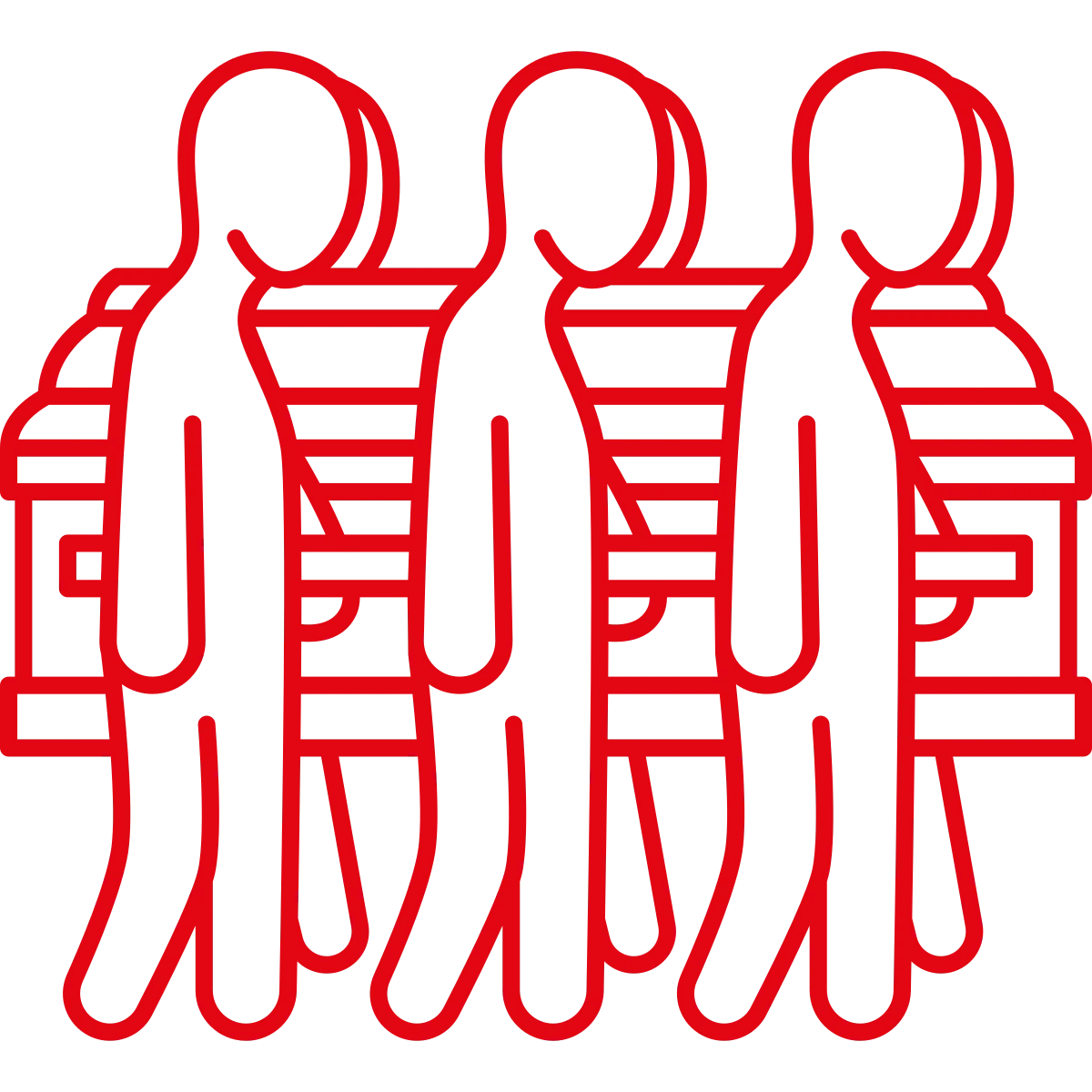Every year millions of Americans spend more than $11 billion on cosmetic surgery. That cost may sound astronomical, but an even greater cost exists. Most procedures, such as breast enhancement surgery, liposuction, and tummy tucks are safely done by certified and credible doctors. With any operation, risk is involved and most patients and their families don’t realize the number of medical errors that occur time and time again. Tracy Jordan was a Philadelphia mother. She and her husband mortgaged their home to pay for the 38 year-old’s $22,000 breast reduction, liposuction and abdominoplasty. Mrs. Jordan had sought the procedures under the guidance of her personal physician to address longstanding back pain problems. One day after her operation, Mrs. Jordan collapsed into her husband’s arms at the hospital and could not be resuscitated. Jordan’s case comes on the heels of several high-profile celebrity surgeries gone bad. A few months ago, the mother of hip hop artist Kanye West, died after a botched liposuction and tummy tuck procedure by Dr. Jan Adams, who had been sued by other patients alleging malpractice.
Medication Errors Common
The Jordan and West stories’ cases come at a time when two national trends are colliding, as both cosmetic surgery and medical errors are rising at a staggering rate. Two recent studies have charted a disturbing high rate of medication errors. According to the Institute of Medicine, medication errors harm more than 1.5 million people a year. A second report by U.S. Pharmacopeia found that the rate of drug name mix-ups has doubled since 2004. Pharmacopeia, which regulates generic drug names, found errors involving 1,470 different drugs due to similar brand or generic names. Seven of the errors caused or contributed to the patient’s death; 1.4 percent of the errors caused patient harm.
It’s not just cosmetic surgery coming under fire. The trend gained a high profile after news stories that the newborn twins of actor Dennis Quaid and his wife ended up in the neonatal unit at Cedars-Sinai Medical Center in Los Angeles, after a medication error that led to the infants receiving overdoses of a blood thinner. In fact they received a thousand times the amount they were supposed to get.
“Many people have heard of these celebrity cases. Lesser known are the tragedies that happen to ordinary Americans,” says attorney Jeffrey Killino, of The Killino Firm, who represents the Jordan family. “The rise of medication errors, coupled with the increase in cosmetic procedures, unfortunately creates the perfect storm for unintended—even fatal—outcomes. People need to be very aware of the risks of any surgery, and be very careful in selecting a surgeon. This is a public health issue that deserves more attention.”
The hospital’s computerized drug records show that 60 milliliters of Bupivacaine was dispensed to Jordan on February 12, 2007. The next morning, she experienced shortness of breath and difficulty breathing. The surgeon ordered the hospital to administer asthma medicine, but shortly thereafter, Jordan died.
A recent Philadelphia Inquirer article revealed in 2006 that 11 patients in Southeastern Pennsylvania died following blood transfusions. The reason? Patients were given the wrong blood type. Another 40 died after medication errors, and four more were accidentally burned during their stays, according to an Inquirer computer analysis of hospital billing record for 2006. (Philadelphia Inquirer Feb. 8, 2008.)
Technology’s Role
According to an Institute of Medicine article (July 2006) technology can play a huge role in keeping patients safe. The key is making greater use of computers, specifically e-scripts.
It is extremely difficult for doctors, nurse practitioners and physician assistants to keep up as well as keep track of all relevant information available on all the medications they might prescribe. That’s where technology comes in. By writing prescriptions electronically, doctors and other providers can avoid many costly mistakes that go along with handwritten prescriptions. That’s because the software insures that all the necessary information is filled out legibly. Additionally by taking advantage of e-prescriptions combined with the patient’s medical history, it is possible to check automatically for such allergies, drug interaction and overly high doses.
How To Avoid Medication Errors
Here are some tips: Communication is key. Talk to your healthcare provider, as well as your pharmacist. Patients should make sure the name of the drug and instructions for use are exactly the same as prescribed by your doctor. Be proactive at the hospital too. Tell your doctor what medications you are taking and report unexpected changes regarding how you feel. Ask the nurse and physician what drugs you are being given. You are your best advocate. With that said, before surgery, ask whether there are medications, especially prescription antibiotics that you should take or any that you should stop taking before your operation.
When you need a lawyer who will exhaustively investigate your case and make sure that every responsible party is held accountable, contact The Killino Firm, where Keeping America Safe is our primary goal. Contact a Philadelphia personal injury lawyer, or please call us toll free at 877-875-2927 to speak with an attorney. We will respond promptly to your inquiry so that you can experience the The Killino Firm Difference.







